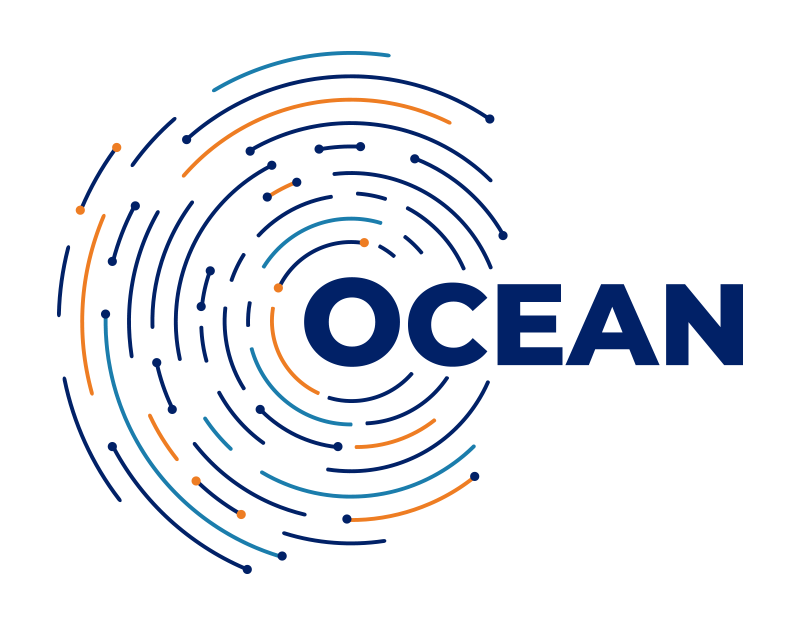Visitor programmes
OCEAN Academic Visits
OCEAN Academic Visits are an important element contributing to the promotion of Council of Europe conventions. The OCEAN Academic Visitor’s programme is being launched with short term visits, with participants staying between three to seven days in Strasbourg in view of producing academic work relating to one or more of the Council´s conventions or related human rights issues. During their stay visitors receive the necessary support from OCEAN staff with regard to the organization of meetings within the Council of Europe. Depending on the academic work produced OCEAN may also be in a position to support the presentation of research within the Council of Europe and in OCEAN networks. Participants commit to acknowledging OCEAN´s support in writing in their written studies (articles, books etc.). They also commit to sharing the academic work they produce with the Council of Europe.
How to apply?
- Interested candidates may get in touch with the OCEAN secretariat via the contact form of this website.
Study visit programme at the Directorate of the Jurisconsult at the European Court of Human Rights
 What we offer
What we offer
As a part of its activities aimed at the continued sharing of knowledge on the European Convention of Human Rights (“the ECHR”), the European Court of Human Rights (“the ECtHR”) offers a programme of long-term study visits at the Directorate of the Jurisconsult. The programme provides an opportunity for participants to gain experience and enhance their professional development in the working environment of the ECtHR, and to put their academic knowledge into practice under the supervision of working professionals.
The programme is intended to accommodate a limited number of study visitors per year for a period between 6 and 12 months.
Typical responsibilities given to study visitors include, under direct supervision within the Directorate of the Jurisconsult:
- Assisting in preparation of report on comparative law research; international and/or the European Union law research; or the ECtHR’ case-law research;
- Drafting thematic guides and other information documents (key themes) on the ECtHR’s case-law;
- Fulfilling other assignments at the Directorate of the Jurisconsult.
Provided that study visitors have the relevant academic background and demonstrate interest, the above-mentioned assignments may be specifically focused on the following topics explored from the standpoint of the ECHR standards:
- International humanitarian law;
- the ECHR and business;
- Disability;
- Violence against women;
- Bioethics;
- Rights of the child;
- Digital technologies and human rights;
- Minority rights.
In certain cases, and time permitting, study visitors may be requested to provide direct assistance to the judges of the ECtHR.
 Conditions
Conditions
The programme is unpaid. The ECtHR is unable to provide any accommodation or remuneration, nor to reimburse transportation or accommodation costs and expenses incurred by study visitors.
 Who can apply
Who can apply
Interested candidates must meet the following criteria:
- be nationals of one the Council of Europe member states;
- be students of advanced masters’ programmes; doctoral degree candidates (or equivalent); or young professionals at the beginning of a legal or academic career;
- have high academic achievements;
- have a knowledge of, and interest in, the ECHR system and the ECtHR’s case-law;
- have excellent drafting ability in English or French.
 How to apply
How to apply
Interested candidates may send their curriculum vitae and letter of motivation to [email protected].
Study Visits
The Council of Europe offers study programmes tailored to meet the needs and interests of university students, teachers, lawyers, professional associations, diplomatic delegations and ministry official.



